A few days into the lockdown I received a message on Facebook from a friend called Ella. This was a strange way to contact me, given that she also had my phone number and we normally chatted via WhatsApp and honestly, who has time to check their Facebook messages any more? Despite Facebook’s stated ambition to connect the world, it has instead become a primordial soup of irritation and misinformation: the online equivalent of one of those wedding receptions held on a boat so there is literally no escape from the groom’s cousin, Bob, who believes the mainstream media is lying to him about the efficacy of vaccines.
Anyway, Ella had fallen victim to that haunting online algorithm, the Facebook Memory. A picture of us taken at a party some years previously had popped up on her feed like an overnight mushroom on a moist garden lawn. My friend had sent it to me, accompanied by this message:
‘Before you became obsessed with babies and decided you didn’t want to have fun with me any more,’ she wrote.
I had to read it a couple of times before I realised she wasn’t joking. She was being deliberately mean. I was surprised not only by the content, but by the fact she had actually pressed send. I’m sure we all feel annoyed by most of our friends at various points during our life, but to write it out in black and white and then decide that you want the other person to see how angry you are – that seemed like overkill.
But, I reasoned, the pandemic is making everyone feel a bit unhinged. Maybe this was just an error of judgement. And perhaps I would have been able to let it slide, had it not been one of many slights Ella had casually lobbed my way over the time we’d known each other.
We’d met through work when we were both temping at the same recruitment agency over the summer holidays. Ella was fun. She was a party friend. We’d go out and drink too much over dinner and a man at the adjacent restaurant table would hit on her (she is extremely hot) and then we’d go clubbing and more men would hit on her while I danced alone, nursing a tepid vodka tonic in a plastic tumbler, pretending that I was fine with having no attention, pretending I was absolutely, positively having a total riot, until I finally had to admit I probably wasn’t having as much fun as I should have been.
I didn’t know any better then. I had fallen into the trap of assuming that culturally sanctioned fun.
I didn’t know any better then. I had fallen into the trap of assuming that culturally sanctioned fun – the kind of heteronormative, unimaginative fun enshrined in a million television sitcoms and American frat boy movies – was the sort of fun I should be having. If I didn’t enjoy it, then the fault surely lay with me?
And then, in our thirties, we both got married and Ella, who had never wanted children, carried on having fun, and I was happy for her, and then she moved to a different country for a while. This was the first sign that our friendship had fissures. She would ask me to come and visit her all the time – and I did, on several occasions. But it never felt as though it was enough. Ella actually said as much, and it began to feel as though I were trying to feed a ravenous beast whose appetite would never be fully sated.
She moved back to London at around the time I was trying to have babies. I wasn’t conceiving naturally. Then IVF didn’t work for me either.
Then, some months later and entirely out of the blue, I did get pregnant and Ella persuaded me to go to Krakow for a weekend because she’d been invited to a hen do she didn’t want to attend alone.
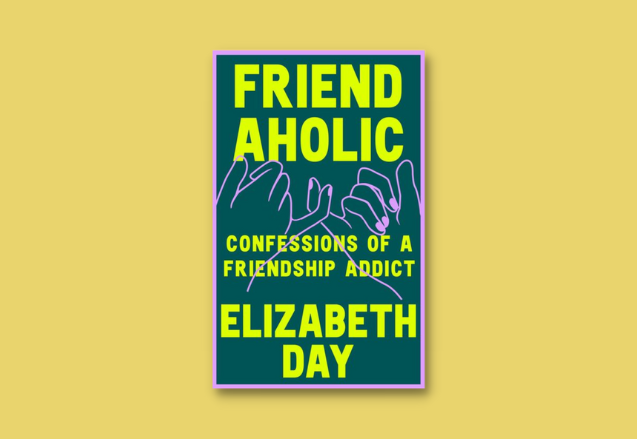

So I went, not thinking to question whether it would be enjoyable to spend money attending a hen do of a woman I’d never met before, in a foreign city without being able to drink. I went because Ella had asked me and she had made it sound Fun-with-a-capital-F and I desperately wanted to be Fun-with-a-capital-F for her. As it turned out, I spent most of the time feeling ill at ease in a group social setting with lots of impenetrable private jokes. I was generally exhausted by midnight, at which point I would schlep back to our Airbnb, getting lost on the way, only to be woken by Ella as she careened upstairs at 4 a.m. having forgotten her keys. Which was, of course, exactly what she should have been doing at her friend’s hen do. It’s just that I didn’t understand why I was there. On the Sunday, I started bleeding.
‘It’s probably fine,’ Ella said reassuringly.
But, deep down, I knew it wasn’t. I got back home that night feeling anxious and drained. The spotting went on for a week. On Friday, I went into the hospital for an emergency scan. The baby’s heartbeat had stopped.
As I cried, the sonographer told me she would book me in for a procedure in a few days to remove what was now gruesomely referred to as ‘early pregnancy remains’. In the event, I started miscarrying the following day. I spent a lonely, painful weekend in hospital. I was numb with distress. At the time, I thought it took me a few days to recover. Now I realise it was years.
At the time, I thought it took me a few days to recover. Now I realise it was years.
In the wake of that miscarriage, my marriage broke down. I got divorced. My life was spiralling. But because I’d made such a habit of putting on a front, of soldiering on, you probably wouldn’t have known from the outside. You probably would have thought I was coping really well. You would only have known if you’d made the effort to listen to what I wasn’t saying or doing; to understand the silences and the absences. That’s a difficult ask of a friend.
One of the things I did in the immediate aftermath of my marital breakdown was to go out a lot. It was a distraction technique.
Because I was going out a lot, it made sense to turn to the friend who was always up for doing exactly that. Ella was readily available for fun. Fun that involved sushi and vodka and dark rooms and random encounters with men and more vodka and throwing up because of too much vodka and solitary moments locked into a toilet cubicle when I’d find myself crying without ever fully acknowledging that I might be sad. The next morning, Ella would leave and I would wait for the hangover to pass. Then I realised the hangover wasn’t because of the alcohol. It was because of the friendship.
I was going out a lot… and Ella was readily available for fun.
Over the years, I had gradually noticed that any time Ella and I met up, the conversation would mostly be focused around her. This wasn’t a bad thing. I’m sure she was also going through a lot and, besides, she was there for me! We had fun! Or, at least, I think we had fun … didn’t we? Then it dawned on me: I don’t think we did. I think we were both using fun to avoid looking at what was lacking in the rest of our lives, for each of us.
After my first miscarriage and subsequent divorce, I slowly began to realise that I had spent a whole chunk of my life trying to be someone I wasn’t. I’d wasted time trying to please others without ever working out who I was underneath that insatiable desire to be liked. I’d allowed my own needs to be silenced by whoever had the more confident voice. In short: I’d sold a lot of people a lie. I was, albeit unconsciously, acting a part in my own life. And I was deeply convincing. I mean, I wasn’t as method as Daniel Day-Lewis in My Left Foot or Marlon Brando in Apocalypse Now, but I was good enough that I even managed to convince myself for the best part of thirty-plus years.
Unsurprisingly, Ella and I grew apart. I was changing. I wasn’t the person I had been when we’d first become friends. Neither was she, but although she could acknowledge her own life changes, there didn’t seem to be as much space in our friendship for mine.
In their book, Big Friendship, the authors Aminatou Sow and Ann Friedman talk about the concept of ‘stretching’. They argue that just as our physical muscles require stretching in order to remain supple and resilient, so do friendships.
‘There are little stretches that crop up early in a friendship, like getting over the fact that it always takes your friend a full day to text you back or admitting that you don’t like the same music,’ they write. ‘And there are slightly bigger stretches, which often present themselves later. Maybe you used to live in the same neighbourhood, and now that you live farther apart you have to decide whose turf you’re going to meet on. Or bigger stretches, like you used to feel like financial equals, then one of you started making a lot more money, and suddenly things are tense every time the check comes.
‘Then there are huge stretches, like renegotiating the terms of your friendship when one of you moves away, or becomes a parent, or develops a chronic illness. For years a friendship might require only a comfortable, familiar set of stretches, and then one of you starts working a night shift, becomes a primary caregiver, or meets their future spouse, and you have to learn a whole new repertoire.’
A healthy friendship involves reciprocal stretching to accommodate each other’s shifting needs.
A healthy friendship involves reciprocal stretching to accommodate each other’s shifting needs. But we don’t have to stretch if we don’t want to. Some relationships will be worth it and others won’t. If there’s too much stretching in one direction, the muscles of the friendship become out of whack.
This is what happened with me and Ella. There was already stretching involved because we had lived in different countries and were now at different life stages. And when another stretch was demanded by the fact that I had changed (in her eyes) and become more myself (in my eyes), it proved to be too much. The muscles were already so tightly pulled that they were on the brink of causing ligament strain.
We still saw each other, but mostly in groups and unspoken tension crackled whenever we got together. I noticed that Ella would make comments in front of others that undermined me. I never called them out and I probably should have. Instead, my hurt festered: a dry piece of kindling on a slowly accruing fire.
So when, in the early days of the pandemic, I got that Facebook message, I wasn’t entirely surprised. In a way it was a confirmation of what I had long suspected.
Besides, perhaps I genuinely wasn’t that much fun anymore – or at least not in the way Ella wanted me to be. And if this is what Ella really thought of me, why would she want to be my friend? And why would I want to be friends with someone who had such a low opinion of who I was? This was the end, I thought. This was the exit point of our friendship, the slip road where one of us indicated and took the turning, while the other drove on.
I felt relief. Relief that I’d no longer have to try. Relief that this was my get-out-of-jail-free card. Relief that there was a clear reason now not to keep on stretching for our friendship. Fuck stretching, I thought. It’s boring and painful even if you’re doing it right and I’m not willing to do it any more for this person.
This was the exit point of our friendship, the slip road where one of us indicated and took the turning, while the other drove on.
But it’s never as simple as that. For all the tricky moments of our friendship, there had also been great memories. It wasn’t Ella’s fault I no longer sought enjoyment in the same places she did. It wasn’t her fault she had never wanted children. It wasn’t her fault that I found myself needing space from her in order to deal with my own stuff. None of it was her fault. Maybe none of it was mine either. Maybe there was no fault. It was simply a question of having grown apart.
These things happen and yet there is a sense of shame that attaches itself to a friendship slipping out of reach that doesn’t exist in other spheres. In romantic relationships, endings are far more common. I’ve got six serious exes. Either I broke up with them or they broke up with me and no one treated us as sociopathic for finishing a relationship that wasn’t working. We might have disagreed with each other. One of us might have wanted to hang on in there a bit longer. But ultimately, we made our peace with the decision and it was the right thing to do. As much as I feel fondly about most of my exes, I wouldn’t want to be in any of those relationships now.
That doesn’t make the immediate heartbreak any easier to deal with, but it does mean that there is a way to express it. If Ella and I had been a couple and we’d been together for ten years, during which time we’d had many highs and some lows, and we’d come to realise that we both wanted slightly different things from each other and decided to break up, it would be far more socially acceptable.
If friendship break-ups were seen as a noble part of the necessary evolution of selfhood, and if it were more widely acknowledged that some friends will be lifelong, while others will walk by your side for a finite, but important, period of time, the whole thing would be a lot easier to deal with. We wouldn’t place unrealistic expectations on our friends. We would stretch to accommodate each other’s growth. And we would say goodbye with love still in our hearts when it didn’t work out.
But when Ella and I broke up, as we eventually did, I felt shame. I didn’t reply to the Facebook message. Later, she wrote to me to apologise, and I replied saying I appreciated it. We texted here and there but I realised I didn’t really feel safe in the friendship anymore. I didn’t know the next time she might say something uncharitable. I now understood that I would never know what she truly thought of me.
The lockdown had made me re-evaluate how I wanted to spend my time. On a philosophical level, there’s nothing like a global pandemic to remind you that life is vanishingly short.
On a practical level, the fact that my diary emptied overnight of social obligation gave me space to understand who I actually wanted to see and compare that to who I was spending most of my time with. There was very little overlap. Generally speaking, my pre-pandemic evenings were given over to the most demanding people in my life – the ones who kept asking to meet, insisting that we really had to catch up and guilt-tripping me into believing I was a bad friend because even when I said yes, they still never believed I saw them enough.
If it were more widely acknowledged that some friends will be lifelong, while others finite, the whole thing would be a lot easier to deal with.
Lockdown made me see how out of sync my diary had become. I was spending all my time trying to satisfy everyone who asked things of me, while almost never seeing the friends I loved the most.
These were the friends I craved during lockdown – the ones who nourished, and radiated good energy; the ones you always felt better after speaking to; the ones who never expected anything of me; who appreciated me despite my limitations; who thought of me always with a generous heart. If I was stressed, these were the ones who never took it personally; who knew I would get in touch when I could and who understood my frankly outrageous dislike of phone calls. God, I loved them. And, I realised, maybe I hadn’t shown them how much I did love them because I’d been so consumed with appeasing everyone else. Maybe I needed to start. And by maybe, I meant definitely. In order to have space for my loved ones, I had first to create that room. It was quite simple, really. That meant phasing out the things that consistently took from my life rather than adding to it.
So when it came to it, I sent Ella a text saying (truthfully) that I was working through some of my own issues and that meant conserving energy and making choices about how I wanted and needed to feel. I send you nothing but love, I said. I signed off with kisses.
I’m not going to pretend it was easy. It took me months – literally months – to get to that point. It seemed so indescribably unnatural for me to end a friendship rather than contort myself in every direction to make it work.
Several months passed. Lockdown lifted. I chose the friends I spent my time with more carefully. I started to feel better. Then, unexpectedly, I started to feel affection.
Affection for Ella, in her gloriously perfect imperfection. Affection for the times we’d had, the nights that had ended in fits of hysterical laughter, the meals we’d eaten together. Affection for the cracked, multi-faceted, unexpected friendship we’d shared. Affection for the flawed people we were and the journey we’d both been on to become the people we are – still flawed, but perhaps with more awareness of those flaws. Perhaps, despite our friendship ending, we had grown because of and not in spite of each other. Perhaps in the letting-go, we had understood something integral about ourselves. Perhaps that was all right. Perhaps that was a kind of love.
This is an edited extract from Friendaholic: Confessions of a Friendship Addict by Elizabeth Day (HarperCollins, $32.99), out April 19.




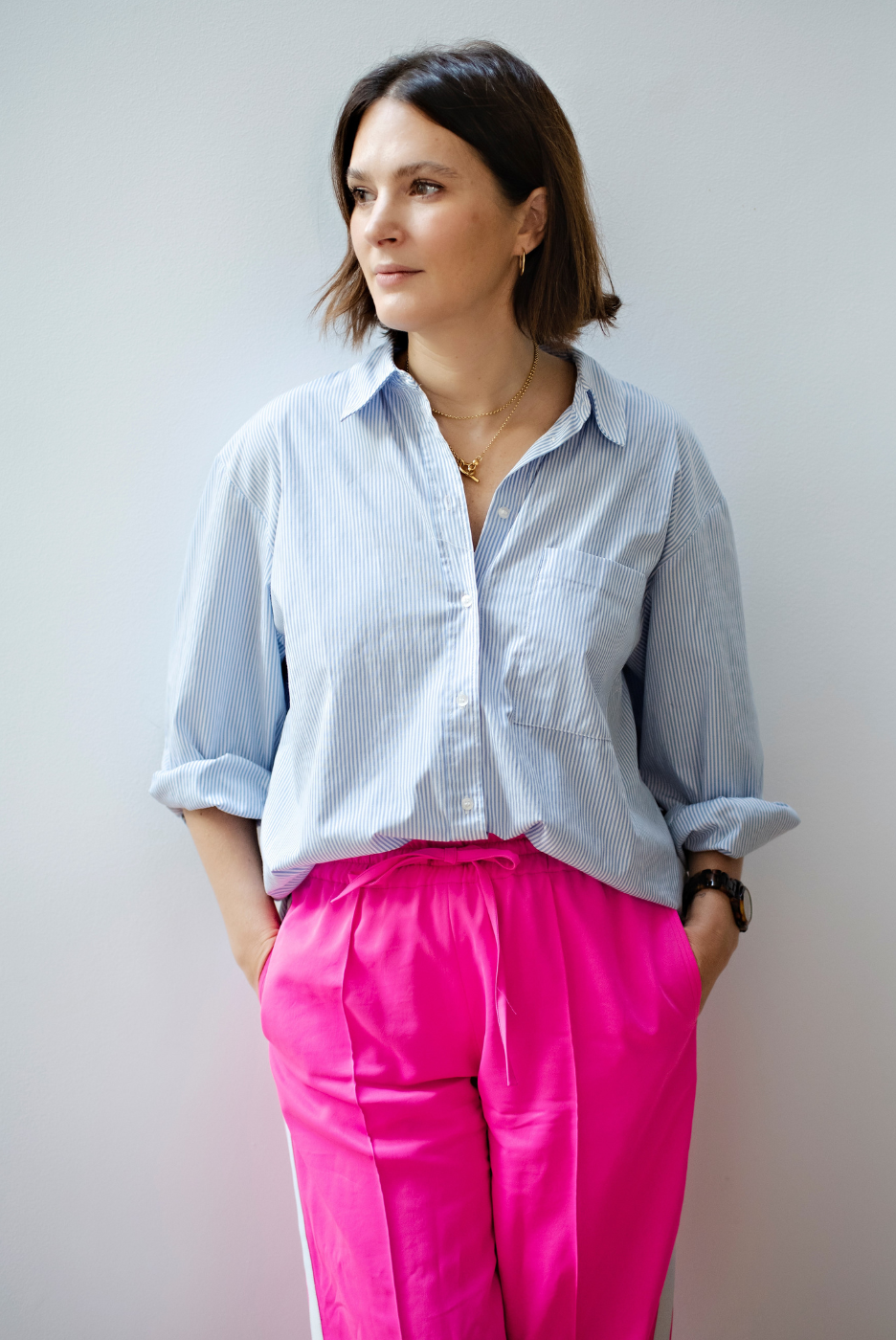
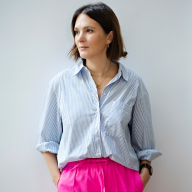

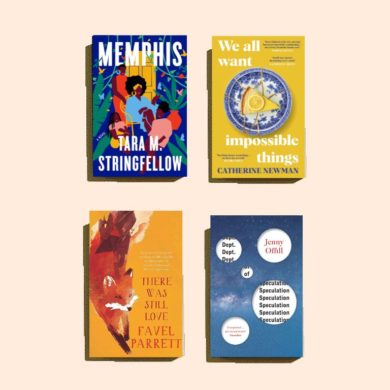
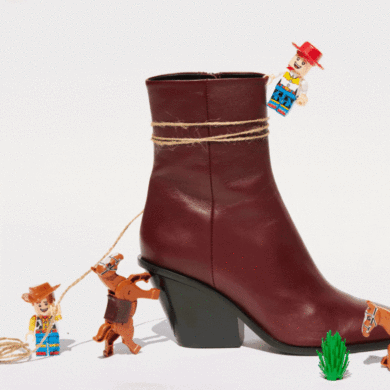
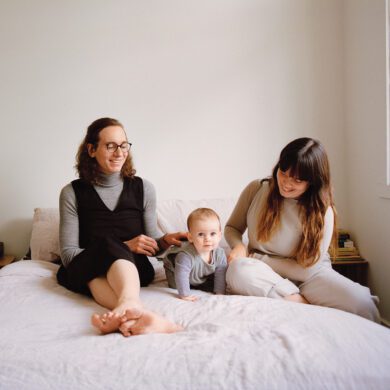


No Comments